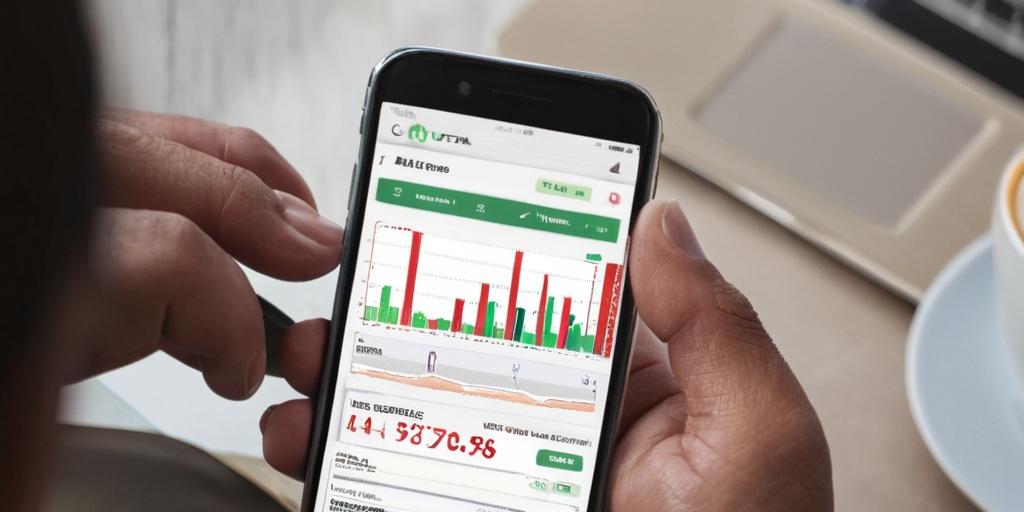Key Take Aways About Social Trading
- Social trading combines financial market activities with community engagement, allowing traders to share strategies.
- Main types: Mirror Trading, Copy Trading, and Signal Providers; each offers varying levels of trader control.
- Top platforms include eToro, ZuluTrade, and Ayondo, known for different features like analytics and risk management.
- Benefits: Learn from experienced traders, potentially increase profits without extensive research.
- Risks: Potential losses if chosen traders fail; market volatility remains a threat.
- Diversification and personal judgment are critical for effective risk management.

Social Trading Basics
Social trading is like the Facebook of the investment world, where traders don’t just buy and sell stocks or currencies for the thrill but actually share their moves and strategies with a community. It’s like following a network of financial influencers instead of just trusting your own gut or a faceless algorithm. The concept is pretty straightforward: you get to see what others are doing with their trades, and you can choose to mimic them if you like their track record.
How It Works
You’re not just following random people shouting buy or sell on the internet. No, this is more structured. You sign up on a platform, and then you can, let’s say, ‘like’ or ‘follow’ experienced traders. When they trade, you see it, and if you’re convinced, you can copy their move. The platforms often provide historical data on a trader’s performance, so you can spot the difference between a solid strategist and someone who’s just winging it.
Types of Social Trading
While all social trading might look the same from the outside, there’s quite a bit of variety.
- Mirror Trading: This is like when you’re in a gym class and just copying the instructor’s every move. Here, once you decide to mimic a trader, each trade they make is automatically executed in your account.
- Copy Trading: A slightly more refined concept where you decide the amount you want to invest and the trades to copy. It’s less automated than mirror trading but offers you a bit more control over your investments.
- Signal Providers: You get tips or signals from experienced traders, but it’s up to you to act on these signals. Think of it as getting a push notification and then deciding whether to swipe left or right on it.
Top Platforms for Social Trading
While the number of platforms is growing, a few have made names for themselves.
- eToro: Probably the most known; they offer a user-friendly interface and a wide range of assets to trade.
- ZuluTrade: This one provides a rich set of data analytics and allows users to rank traders not just on returns but also on risk exposure.
- Ayondo: Known for its focus on regulation and risk management, offering a safety net for cautious investors.
Benefits and Risks
Here’s where things get interesting. Social trading can feel like a cheat code to trading success, especially if you’re new to the game. You learn from seasoned traders, and if you pick the right ones, your profits might soar without you having to invest time in research. Sounds perfect, right?
But life isn’t a bed of roses. The risks aren’t invisible. You’re putting faith in someone else’s trading choices. If they mess up, so do you. Plus, in a volatile market, just because something worked before doesn’t mean it’ll work again.
Learning Curve
Starting with social trading might feel like you’ve hit the jackpot, especially if you land on the right traders to follow. It’s an opportunity to learn by observing the strategies of seasoned traders in real-time. Most platforms offer features that let you dissect trades, understand strategies, and even interact with other community members. It’s like financial education on steroids.
Risk Management
While it might be tempting to go all-in, it’s worth noting that diversification remains vital. Think of it this way: don’t put all your eggs in one basket. Spreading your investments across different traders and asset classes might save you from potential financial mishaps.
Community Influence
Getting feedback from others in the community or discussing potential trades can be valuable. Still, it’s essential not to be swept away by the crowd. Sometimes, the community might lean toward a specific trade that’s hyped up, but always use your judgment.
Conclusion
Social trading is an exciting way to bridge the gap between individual intuition and crowd wisdom. While it offers an accessible entry point into the trading world, it demands an understanding of its limits. Make sure to leverage the historical data, analyze the traders you’re following, and always keep a finger on the pulse of the market for those shifts that can make or break your trades.